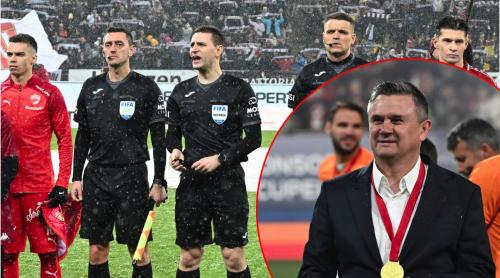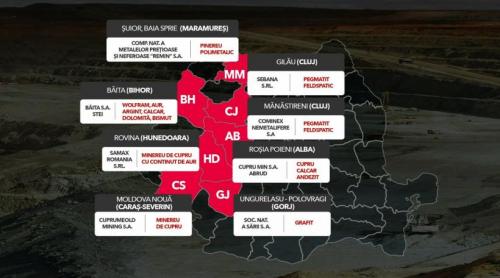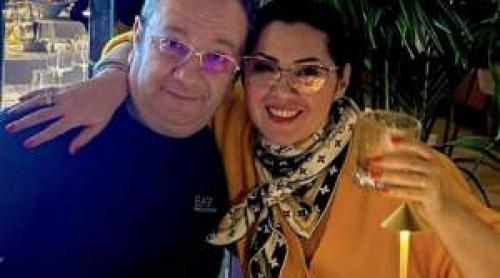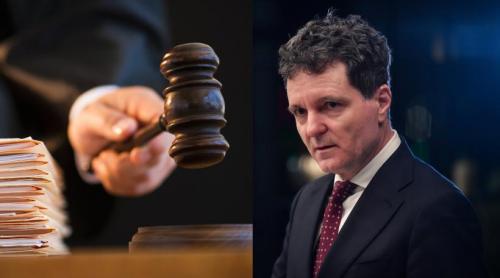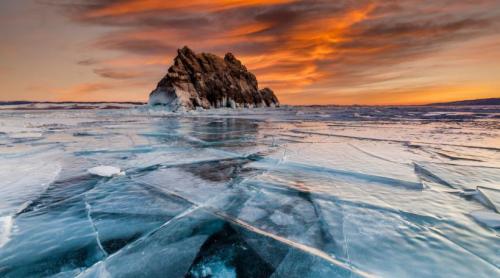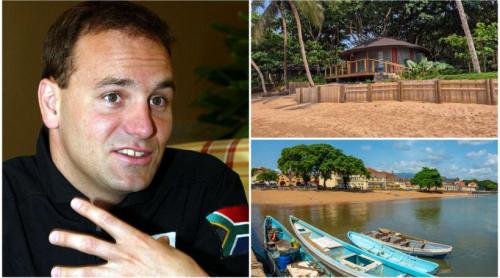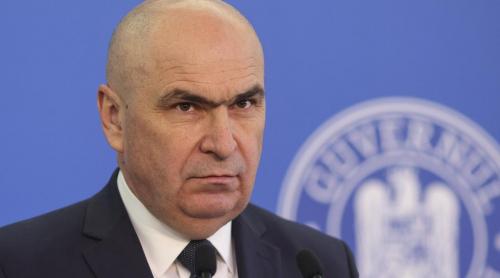
Romaniaâs Parliament Palace in Bucharest hosts starting Monday the summit of the Black Sea Forum for Dialogue and Partnership, or BSFDP.
The event is organized by the Ministry of Foreign Affairs under the high patronage of the Romanian President and will be attended by numerous officials of the Black Sea countries, and of the European Union Member States and United States of America. This is an ambitious Romanian initiative to raise the profile of the Black Sea region, turn the attention of the international community on it, and re-define the Black Sea not as a divider, but as a uniter of countries. The countries attending the BSFDP in Bucharest are: Armenia, Azerbaijan, Bulgaria, Georgia, Greece, Republic of Moldova, Turkey, Ukraine, Romania and Russia (as observer). Romaniaâs minister of foreign affairs Mihai Razvan Ungureanu was undeterred by skeptics, and supported all along that the value of the Forum will be proven with time.Jurnalul national:
International wire services are carrying a lot of stories about Romania organizing the Black Sea Forum. Why is that so important?
Mihai Razvan Ungureanu:
The first reason why the forum is important stays in long standing concerns with this region and its strategic neighborhood. Second, this is a political first: never before had assembled around the same table the leaders of the countries neighboring the Black Sea. And third, the aim of the meeting is only to identify the mutual points of interest for economic and environment projects to be conducted jointly.
This is a region which did not have an identity of its own, in which the Black Sea unites, not divides. From January 1, 2007 on, the European Union will neighbor not only the Mediterranean Sea, but also the Black Sea. This will raise legitimate questions derived from interest, and it would be good to welcome that new found interest with a list of issues which highlight both the strong and the weak points of the region.
JN:
But this is not the first such initiative ⦠Heads of state from the countries neighboring the Black Sea came together before, did they not?
MRU:
Not at this level. Interest for assessing scientifically and politically the geopolitical value of the region existed all along. But this is the first attempt to articulate it in an informal and yet formal way, having all decision makers present at the table. This is not a place where all the bad in the world had come together, like in the negative stereotype images fed by political ignorance. On the contrary, this region could and should have a prosperous future, given the chance to harmonize the various interests of the countries in the region, be they the Russian Federation, Turkey, Bulgaria or Georgia.
JN:
This is a Romanian initiative aiming high, is it not? Like a sort of Romaniaâs Davos â¦
MRU:
The meetings may be likened to a sort of Davos type of meetings. But this is not Romaniaâs to own; it will be a roll-over kind of assembly, all states taking part in the dialogue owning it.
The best past example we have is the Stability Pact, which took shape only in 1999, when all heads of stat in South Eastern Europe came together in Sarajevo.
The common thread linking these two initiatives is to reach permanent dialogue.
We can achieve that here too. Of course, this may be a more difficult task because as someone so aptly put it the region was determined less by geography and more by geopolitics.
JN:
Really now, what is the Black Sea: our friendly neighbor, a NATO lake, a Russian lake, a launching pad for the Middle East, a bone of contention?
What is it?
MRI:
It may be a little bit of every thing. There is no short definition. The Black Sea was a frontier, and like any frontier had disputed history.
Many empires bordering it dreamed of turning it into a lake, a Mare Nostrum, from the Byzantine and Ottoman empires to the Russian one.
But the Black Sea also worked as a bridge, linking the north with the south, and the east with the west. Now the time has come for it to turn into a region of stability and prosperity.
This is the European idea itself.
And European Union has a big gravitational force, a civilizing one, which will draw this region into it.
This is why it is not an issue if the Russian Federation will become an EU member state or not: it already is part of this dialogue which keeps it in the loop.
It is crystal clear that one cannot think of the future of the Black Sea region without counting in Russia.
JN:
So, how come then that Russia is not fully represented at this Forum?
MRU:
I have no qualms about the level of representation Russia has. It happened before, with the Black Sea Economic Region project, when Russia was again reticent; to later fully embrace the project.
JN:
I see on the guest list Israel and Norway? Why them?
MRU:
The topic interests them.
Norway is a great donor, particularly for social and educational projects, while Israel is gravitating around the European Union anyway.
The United States are represented too and probably so would China be in the future, because global politics does not leave the Black Sea region aside, but includes it.
This forum comes on the heels of other initiatives that Romania supported when holding the rotational presidency of the Council of Europe and of the Black Sea Economic Region, respectively.
Our assertiveness grew in time, and so did our political will.
JN:
This is not the first time Romania had such initiatives. All its foreign affairs ministers supported the project. Why would it succeed now?
MRU:
Because we stepped in a different stage. Both Romania and Bulgaria would be now EU member states, and Turkey moves into a candidate country status.
Furthermore, there is now the political will to represent the region as a whole. We did not have it two, or three or four years ago.
This forum is a good testing ground for that.
One other reason is that all parties involved are seriously concerned with the strategic supply of energy, and the Black Sea region is the one region the energy will have to pass through the get to Europe.
JN:
Still, Russia and Turkey, two major actors in the region, will be represented at a lower level. This is not a good sign, is it?
MRU:
One should not disparage the presence of six other presidents on account of two missing ones, or of the place the forum assembles this time around.
It is not little what we are about to accomplish here and now.
This project chance of success stays in the continued dialogue.
Thatâs all.
Translated by Anca Paduraru
Citește pe Antena3.ro



